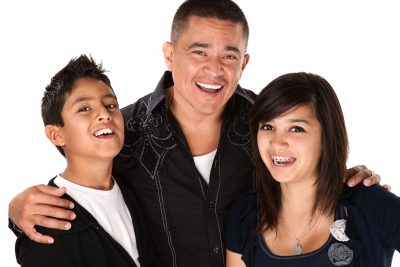As a second grade student, this was a daunting question.
I knew Josh was different, but I didn’t know how to adequately explain the nature of his disability; he was just Josh, my brother. I was fortunate enough to grow up in an unwaveringly accepting and unconditionally loving family, as well as being a rather outspoken child, so I was able to converse with my parents about what exactly made Josh different and to find the best way to address these questions.
According to the Arc of the United States, an estimated seven million ‘typically developing’ American children have a sibling with a disability. These siblings often face many of the same challenges and joys as their parents, but they are also faced with their own set of unique tribulations. When a child with a disability is welcomed into the world an array of resources and supports become available to help educate and support parents as they begin their journey into the world of disability activism, but often times in the whirlwind of change and adaptation siblings aren’t directly addressed.
Growing up with a sibling with a disability gave me the opportunity to connect with others in similar situations to share stories and ask questions. We each share an unconditional love for our siblings—laughing about comical things they say or do, joking about the things that annoy us, the sort of stories you would expect to hear about ‘typical’ siblings. Amongst these conversations we also expressed the difficulties of having such a sibling; what it was like to be embarrassed to go out into public for fear of an outburst that would attract unwanted attention, dealing with less of our parents’ attention because our sibling required more, not knowing how to explain to our friends why they couldn’t come over to play, and most of all, dealing with the guilt of having these feelings in the first place.
In my opinion, my parents provided my brothers and myself with the most beneficial forms of support. We maintained open lines of communication and it was acknowledged and accepted that Josh had a disability. We were also provided with the scientific facts about his disability, so when posed with questions by uncertain peers we felt confident giving an intelligent answer. Often times that confidence put others insecurities at ease. Our feelings were always acknowledged and validated, and we learned as a family what it was that each member needed to feel appreciated and supported.

